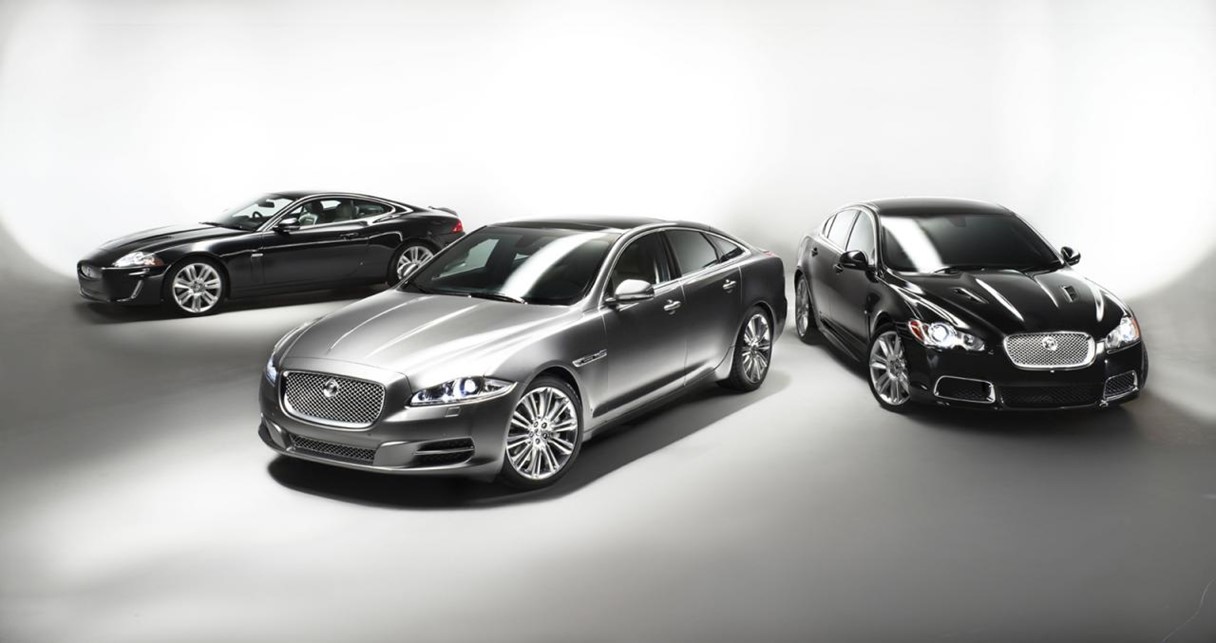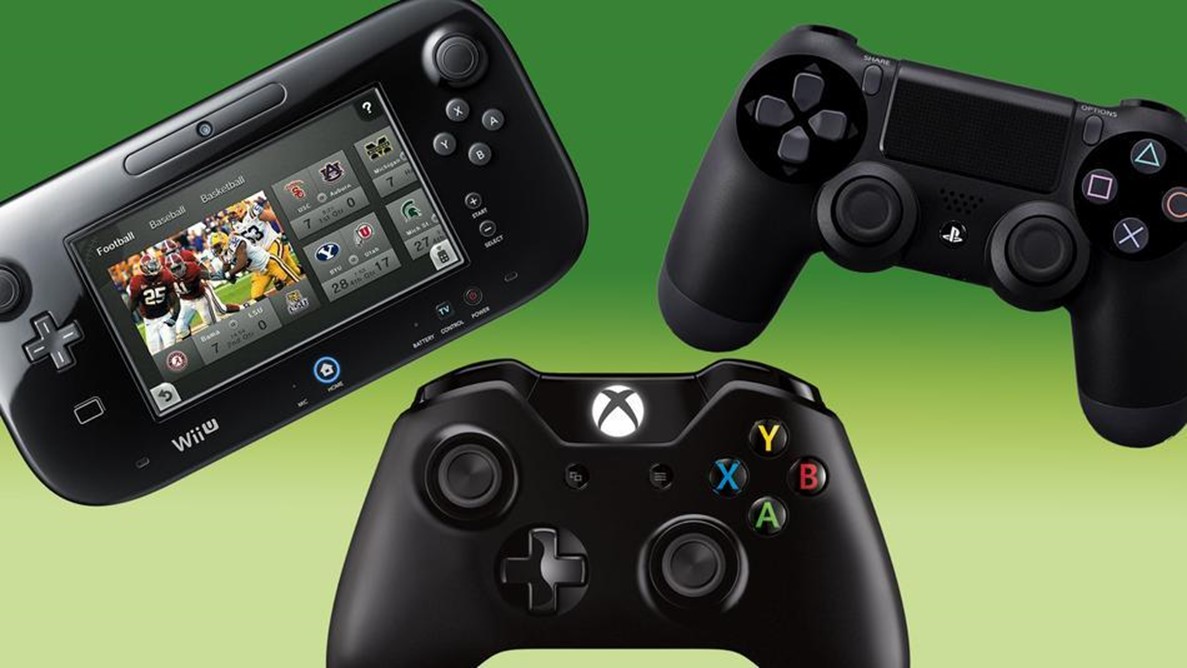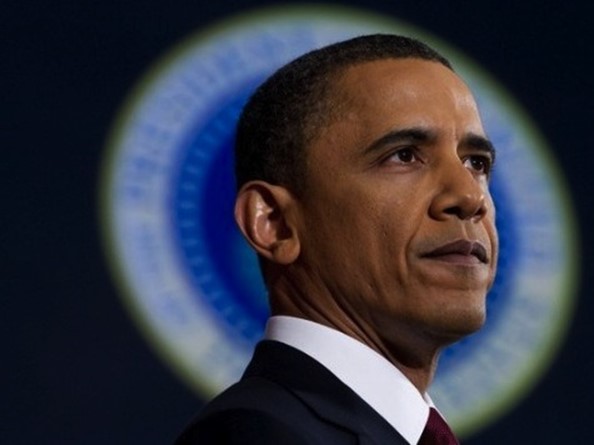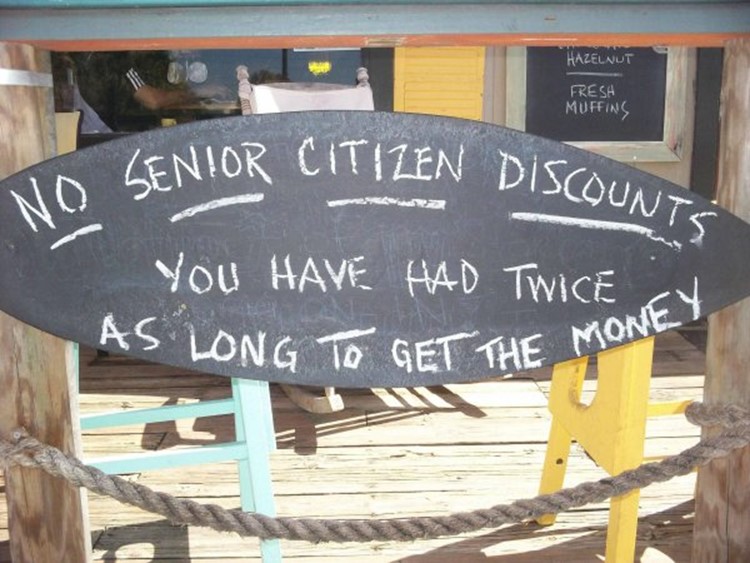
For many years Michelin Stars were the gold standard of evaluating a restaurants quality writes Alan Sytsma. But in recent times the World’s 50 Best restaurants list has garnered greater media attention. The two lists use different methodologies to evaluate the restaurants and this is affecting how restaurants behave to ensure they stay on top of the list:
- The Michelin Star system didn’t rank restaurants – it merely assigned certain numbers of stars. These stars were determined by salaried inspectors who would visit each year.
- The evaluation criteria was so opaque that restaurants couldn’t really game the system. The best they could do was to ensure consistency in the food they produced, just in case they ended up serving an inspector.
- However the list of the “World’s 50 Best restaurants” explicitly ranks one restaurant against another. Being close to the top of the list can mean a fortune for restaurants – entire neighborhood phone lines have been known to go down around restaurants at the top.
- The ranking on the list is determined by non-anonymous chefs, critics, and foodies. They are asked to vote for restaurants they’ve visited in the past 18 months, and so the restaurants that are located around important food-related conferences or events have an advantage – since the voters are likely to be at the event, and are able to visit and rank the local restaurants.
- Instead of consistency restaurants are encouraged to resort to gimmicks and menu transformations to generate media buzz and give voters reasons to enter through their doors.
Read about the man who committed suicide because his restaurant could potentially have lost a Michelin star, the irony of Nestlé being the company behind the 50 best list, the rules relating to who voters can select for the list of the 50 best, and why Peru was so prominent on the previous list over here.
Source: Grub Street
Via: Kottke


















Join the Discussion! (No Signup Required)